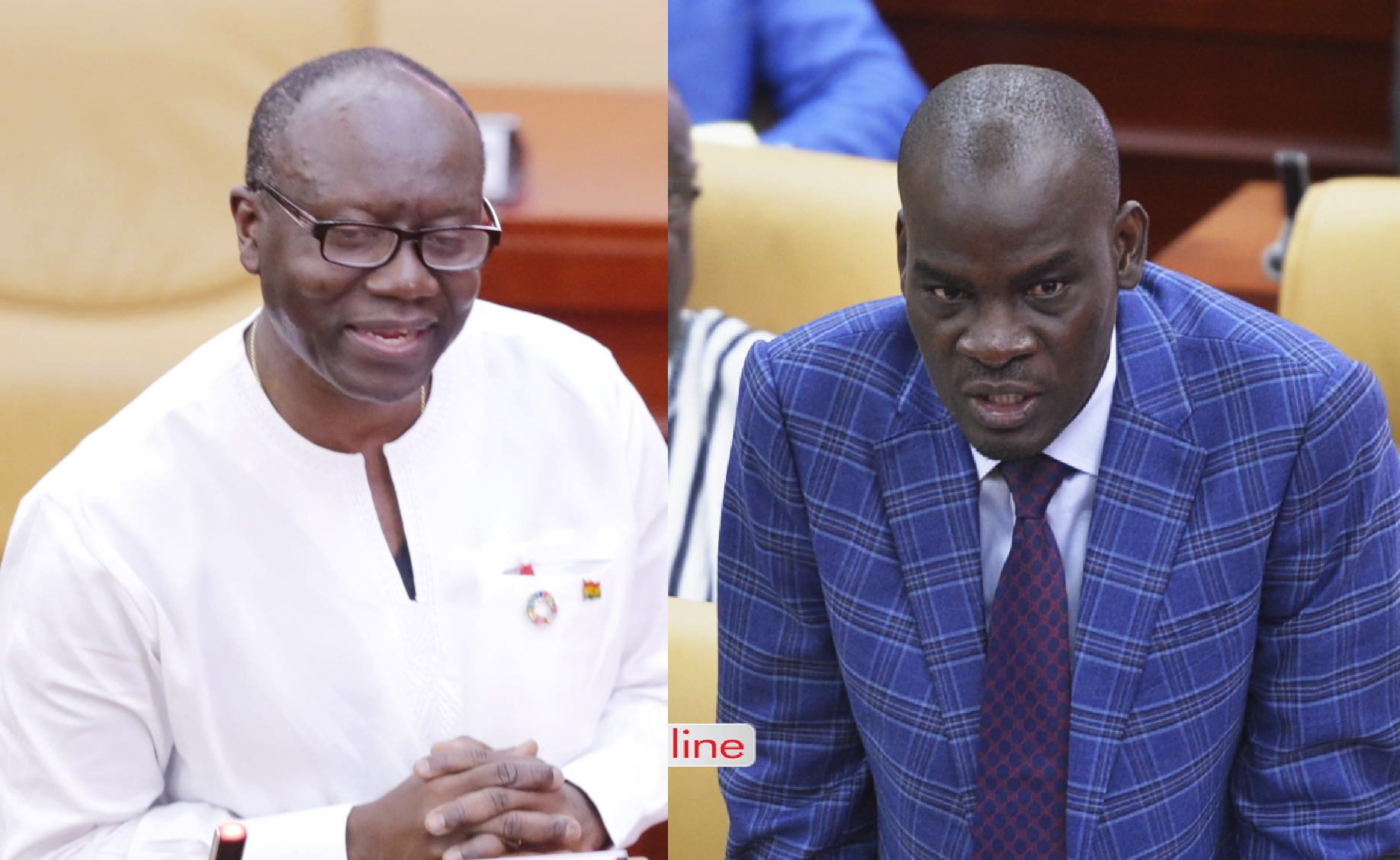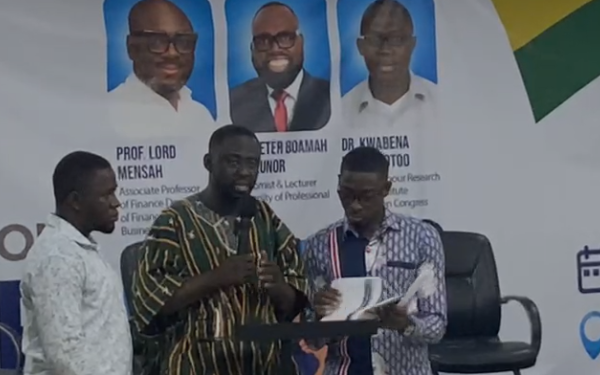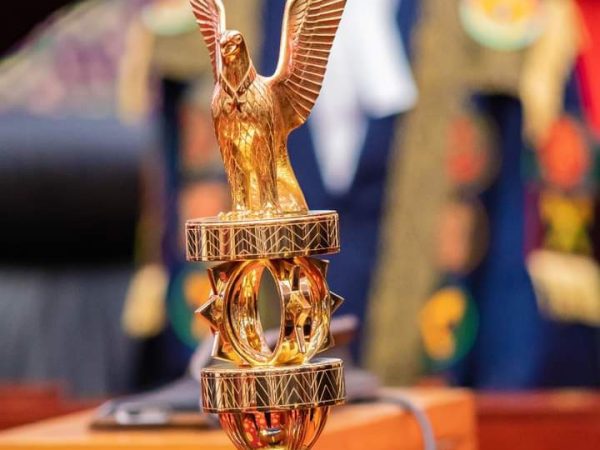Breaking News: Finance Minister Reduces E-levy rate to 1.5% but Minority reject it
The 1.75 % of the controversial E-levy has been reduced to 1.5% by the Minister for Finance Minister,Ken Ofori-Atta, during a consultation crunch meeting with the Minority Caucus for the second time in Parliament on Friday, January 29, 2022.
Information picked by EXPRESSNEWSGHANA, indicated the Finance Minister reduced the rate to appease the Minority stance on the Levy.
But Minority rejected the proposed 1.5 percent and asked the Minister to rather withdraw the entire qx Levy proposal completely.
This was the second time the Finance Minister had met the Minority over the Controversal E-Levy, as both remained adamant to compromise their position.
The meeting formed part of stakeholder engagements on the proposal.
The Majority Leader in Parliament Osei Kyei Mensah Bonsu urged all Members of Parliament to make it a priority to partake in the process leading to the passage of the E-levy.

He told the House on Tuesday January 25 that further stakeholder consultation are ongoing on the proposal hence the inability of the Business Committee to programme it during the first week of the first setting of the second session.
The Business Committee, he said hopes to programme the proposal for consideration in the second week after the engagement.
The Suame Lawmaker explained the absence of the E-levy proposal on the Order Paper saying “Mr Speaker, as Honourable members will recall the House was expected to conclude consideration and passing of the electronic transfer levy bill 2021 by the end of the third meeting for the first session.
“Due to unforeseen circumstances however, the House was unable to consider and pass the bill at the end of of the meeting. It was therefore the contemplation of the Business Committee that the Bill will be scheduled for consideration by the House during the First week of the first meeting of the second session.
Due to unforeseen circumstances however, the House was unable to consider and pass the bill at the end of of the meeting. It was therefore the contemplation of the Business Committee that the Bill will be scheduled for consideration by the House during the First week of the first meeting of the second session.
“However upon consultation with the sponsoring Minister the committee is not unable to programme same for this week after resumption.
The Honorable Minister of Finance has been undertaking further engagement with stakeholders and sections of the general public with respect of some concerns that have been raised on the bill.
“The committee, in all probability, will programme the bill for consideration in the second week of this meeting and honorable members are therefore encouraged to participate fully in the consideration and the process of the passage of the bill.”
The Minority had held the view that policy proposal is a disincentive to the growth of digital economy.

To that end, their Leader Haruna Iddrisu said, they would not support it.
Speaking at a post budget workshop in Ho on Saturday November 20, 2021 he said “Mr Speaker, understandably, we see that the Minister of Finance seeks to introduce some measures including the now popularly declared e-levy or digital levy as some have quite named it.
“Mr Speaker, our concern is whether the e-levy itself is not and will not be a disincentive to the growth of digital economy in our country . We are convinced that the e-levy may as well even be a disincentive to investment and a disincentive to private sector development in our country. We in the minority may not and will not support government with the introduction of that particular e-levy . We are unable to build national consensus on that particular matter.”
Finance Minister Ken Ofori-Atta announced a new levy to be charged by government in 2022 on all electronic transactions to widen the tax net and rope in the informal sector.
“It is becoming clear there exists enormous potential to increase tax revenues by bringing into the tax bracket, transactions that could be best defined as being undertaken in the ‘informal economy’,” Mr Ofori-Atta observed on Wednesday, November 17 as he presented the 2022 budget statement in Parliament.
“After considerable deliberations, government has decided to place a levy on all electronic transactions to widen the tax net and rope in the informal sector. This shall be known as the ‘Electronic Transaction Levy or E-Levy’.”
He explained that the new E-levy will be a 1.75 per cent charge on all electronic transactions covering mobile money payments, bank transfers, merchant payments and inward remittances to be borne by the sender except inward remittances, which will be borne by the recipient.
This will, however, not affect transactions that add up to GH¢100 pr less per day.
“A portion of the proceeds from the E-Levy will be used to support entrepreneurship, youth employment, cyber security, digital and road infrastructure among others.”
In 2020, total value of transactions was estimated to be over GH¢500 million with mobile money subscribers and users growing by 16 percent in 2019.
According to a Bank of Ghana report, Ghana saw an increase of over 120 percent in the value of digital transactions between February 2020 and February 2021 compared to 44 percent for the period February 2019 to February 2020 due to the convenience they offer.
This was definitely heightened by the advent of Covid-19 especially during the lockdown.








